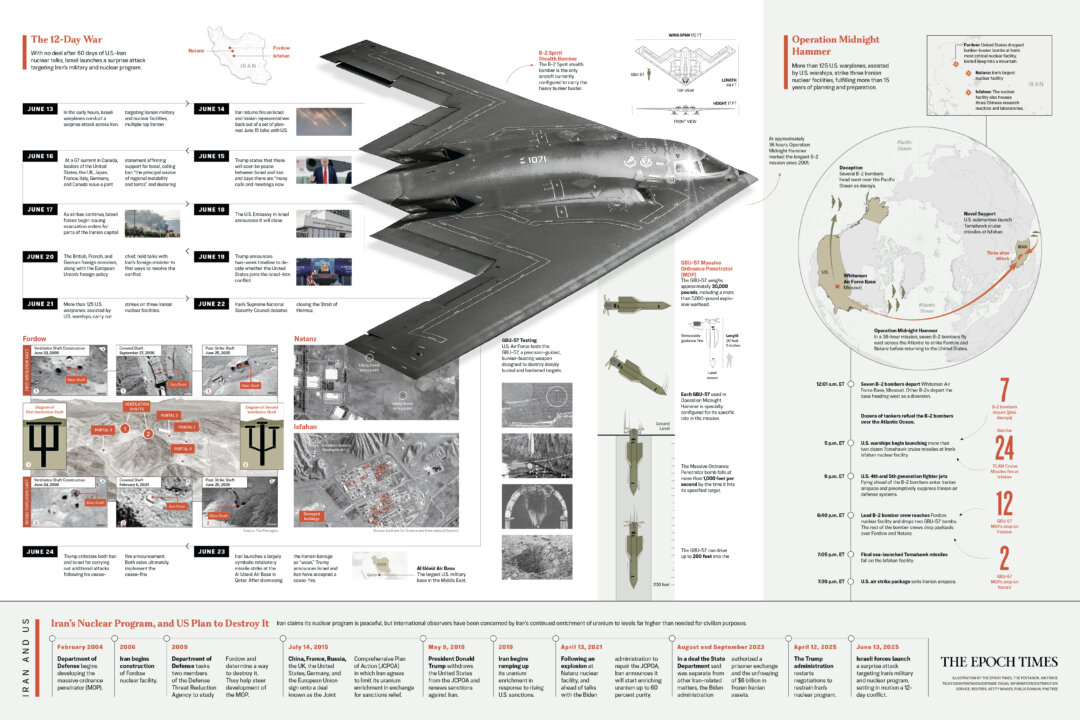The unsettling case of individuals like Ian Rogers, convinced of a personal mandate to “save America,” casts a stark light on a disturbing escalation of political violence within the nation. This phenomenon, where perceived patriotism merges dangerously with a readiness to resort to lethal force, increasingly highlights a complex interplay between individual conviction and broader societal influences. At the heart of this growing concern lies a critical examination of the gun industry’s pervasive sales tactics, which often appear to inadvertently contribute to this volatile landscape.
Rogers’s mindset, far from an isolated anomaly, reflects a concerning current where citizens feel compelled to take extraordinary, and often violent, measures to address what they perceive as existential domestic threats. This conviction is frequently rooted in a deep-seated paranoia, amplified by narratives that frame everyday political disagreements as an existential battle for the nation’s soul. Such an environment fosters a dangerous justification for actions that cross the line into aggression, normalizing the idea that legitimate grievances can only be resolved through confrontation, even leading to instances of gun violence.
A significant contributing factor to this escalating tension is the strategic messaging employed by segments of the gun industry. Their marketing often capitalizes on and exacerbates existing anxieties, presenting firearms not merely as tools for self-defense but as essential instruments for navigating a world teetering on chaos. This cultivation of fear, playing on themes of societal breakdown and personal vulnerability, creates a receptive audience for extremist views, subtly shifting the discourse from responsible firearm ownership to a readiness for armed conflict.
Furthermore, the glorification of combat and militaristic aesthetics within certain aspects of gun culture can deeply influence individuals susceptible to radicalization. By consistently portraying gun ownership through the lens of vigilantism and decisive action, this rhetoric inadvertently validates aggressive mindsets and an increased willingness to engage in direct confrontation. This pervasive narrative, often found across various media platforms, can desensitize individuals to the gravity of violence, subtly encouraging them to view political opponents as adversaries to be neutralized rather than fellow citizens with differing opinions.
The confluence of these factors – deeply ingrained paranoia, the glorification of aggressive solutions, and a personal sense of duty – collectively forms a dangerous pipeline that funnels individuals towards political extremism. This pathway transforms abstract fears into concrete intentions, fostering an environment where radical beliefs take root and escalate into real-world domestic threats. The normalization of such aggressive stances fundamentally alters societal discourse, pushing it closer to the brink of armed conflict under the guise of defending national values.
Understanding these psychological and societal mechanisms is paramount to addressing the potential for widespread destabilization. The unchecked proliferation of paranoia, coupled with a rhetoric that blurs the lines between civic engagement and armed insurrection, creates a perilous foundation for a nation grappling with profound social issues. This dynamic underscores an urgent need for deeper societal introspection into how extremist ideologies are cultivated and permitted to fester, particularly when intertwined with the powerful symbolism of gun ownership.
Ultimately, the narrative of individuals “primed for political violence” serves as a stark warning, compelling society to confront the uncomfortable nexus between extremist ideologies and the glorification of force. The persistent cultivation of fear and the romanticization of armed conflict by some elements within the gun industry represent a clear and present danger, demanding a collective reevaluation of how these social issues contribute to an environment where tragic gun violence becomes an ever-present risk to national security and democratic stability.
Discover more from The Time News
Subscribe to get the latest posts sent to your email.






